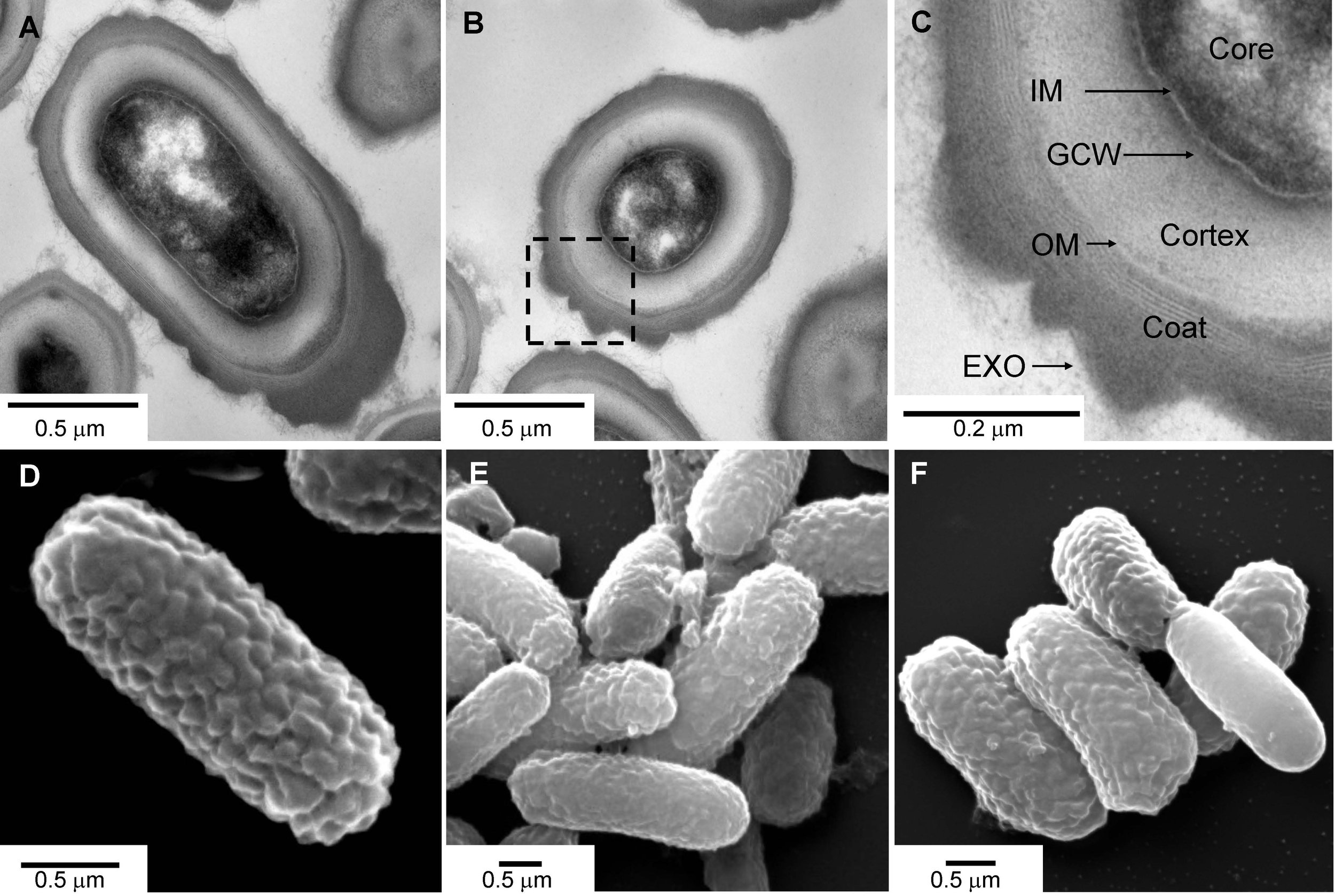
The Sorg Lab studies C. difficile physiology and virulence
Joe Sorg’s Lab in The Department of Biology at Texas A&M University, conducts research on the physiology and virulence of Clostridium difficile with the ultimate objective of developing treatment strategies to eliminate the organism for the host’s GI or from a contaminated healthcare environment.
The incidence of C. difficile (C. diff) infections in healthcare settings presents a notable challenge. Individuals undergoing antibiotic treatment for unrelated illnesses are most susceptible to contracting C. difficile infection. Symptoms of this infection include diarrhea, fever, loss of appetite, nausea, and abdominal pain or tenderness.
About Joe Sorg
Dr. Joe Sorg is a principle investigator at Texas A&M University and his laboratory focuses on the mechanisms of C. difficile spore germination, resistance to toxic environments, and the metabolic requirements for C. difficile growth. As a Gram-positive, spore-forming, anaerobic pathogen, C. difficile causes infections in patients who have undergone antibiotic treatment. Joe’s previous research identified specific host molecules (bile acids) that promote or inhibit C. difficile spore germination. His current work aims to understand the how these host molecules influence their receptor dynamics during C. difficile spore germination.
The Sorg Lab
The Sorg lab at Texas A&M University’s Department of Biology currently is composed of 5 PhD students. All of these stellar researchers are studying various aspects of C. difficile spore physiology.


